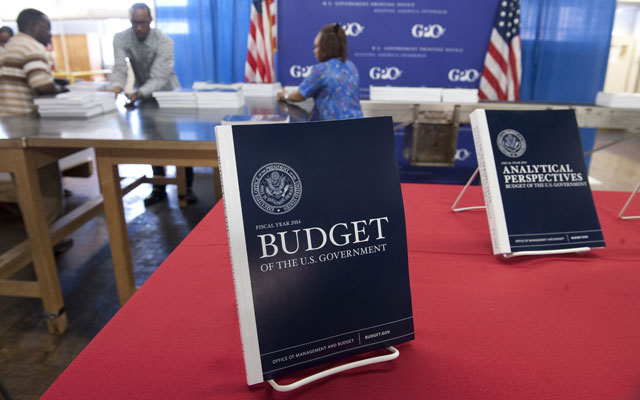In a new paper, “Why Congress Needs a New Budget Process,” Heritage’s Patrick Louis Knudsen documents the historical breakdown of the budget process and exposes the fundamental flaws in the process itself. These flaws, he notes, call for a new process that not only compels lawmakers to produce timely and responsible budgets, but also reinforces and strengthens constitutional government.
Here are a few reasons why the Budget Act of 1974 needs to be reevaluated:
- More complex, but not better, budgeting. The reforms to the existing budget structure merely added new procedures on top of already complex committee structures. In addition to structural redundancies, distributing budgetary decisions across various committees has led to reckless spending.
- Weak incentives for budgeting. There is little in the budget process that compels Congress to submit timely budgets. As Knudsen explains, lawmakers “have fabricated procedures to facilitate spending and tax bills and have made the fiscal year irrelevant through the deliberate use of continuing resolutions to buy time as needed.”
- Inability to restrain government spending. Though budget resolutions limit discretionary spending—and Congress has occasionally added statutory caps—they are only temporary measures. As Knudsen writes, these measures “can be readily breached through emergency and supplemental spending bills or through gimmicks such as changes in mandatory programs.”
- Failure to address entitlement growth. The automatic growth of entitlements (Medicare, Medicaid, and Social Security) cripples policymakers’ abilities to prioritize the government’s activities. Whereas discretionary funds are appropriated and determined by Congress annually, the levels of entitlement spending are set by factors outside Congress’s control.
- Congressional Budget Office (CBO) budget estimates not always reliable. CBO must provide baseline estimates by projecting spending and tax revenue that would result under the provisions of “current law,” including changes in the law that are scheduled but not expected to occur. Knudsen notes, “The baseline estimates over the past decade have projected huge revenue increases from the scheduled expiration of tax relief policies enacted in 2001 and 2002, although no one ever expected all of those policies to expire at once.… [S]imply extending existing tax policies was presented as a huge new tax ‘cut’ and corresponding deficit increase.”
Knudsen notes that a range of incremental reforms have been proposed to correct existing flaws but cautions that they may only add more layers to an already complicated process. “The deeply degraded state of congressional budgeting strongly suggests a need to start from a clean slate,” he writes.
A new budget process should focus on reducing spending, controlling the administrative state, and enhancing Congress’s constitutional role as the policymaking institution of the federal government. Only these reforms will enable legislators to respond to our current fiscal challenges.
Alex Durante is currently a member of the Young Leaders Program at The Heritage Foundation. For more information on interning at Heritage, please click here.



























